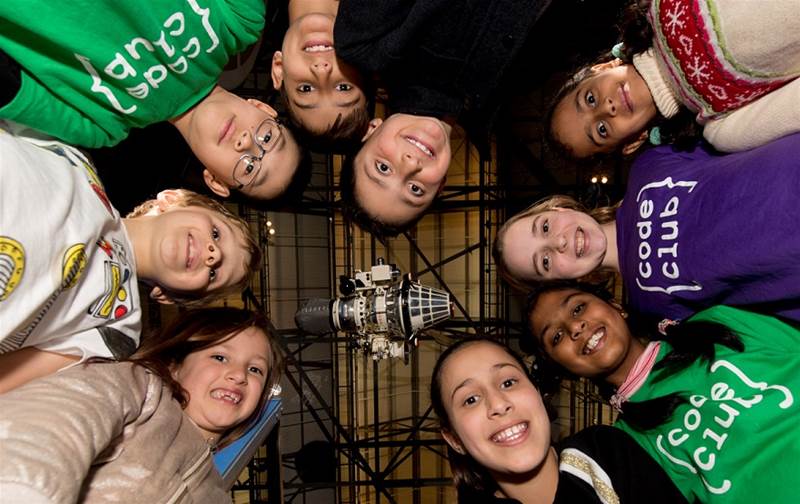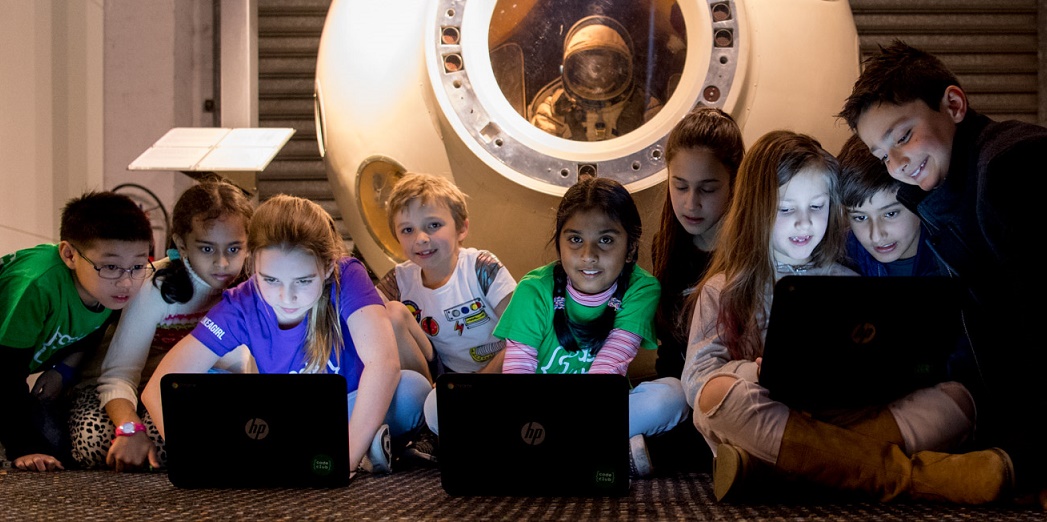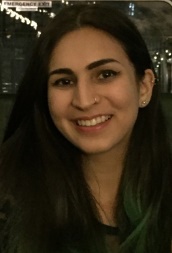A global initiative aiming to break the world record of children coding on the same day is set to kick off on 15 August.
Moonhack, a campaign facilitated by not-for-profit organisation Code Club, encourages kids aged 8 to 17-years old to register for a day of coding. The goal of the campaign is for these children to work on moon-themed projects which they then code and submit on the event date.
The campaign strives to improve digital literacy, what Code Club Australia’s General Manager and Moonhack Ambassador Kelly Tagalan calls “the language of the 21st century”.
“Moonhack promotes that coding is a part of society. The invisible skill of computer programming has been important in building complex problem-solving skills, expressing creativity and encouraging social and academic development for future jobs,” she said.
Last year, a recording breaking 10,207 Australian children signed up for Moonhack, held on the anniversary of the Apollo 11 moon landing. Now in its second year, the event has over 9 000 registrants from New Zealand, Canada, Croatia, and the UK; 80% of these being from Australia.
“We’re also seeing a lot of young girls saying, ‘I’m awesome at this’ and ‘I want to be a part of this industry’. Films like Hidden Figures really inspire and encourage girls to be a part of history,” said Tagalan.
The site hosts two well-known practice coding programs, Scratch and Python, and allows registrants to try their hand at basic coding and prepare for the big day.
“In Scratch, our animated cat, Scratchy, experiences gravity in two different atmospheres – the earth and the moon. We use maths and computer programming to teach this concept in science and demonstrate computer science skills,” said Tagalan.

The registrants can then either complete projects on the Moonhack site, designed to be completed in an hour, or create their own projects from scratch, done either individually or in a group, and either at home or school.
“These projects can be as complex as developing a moon-themed game, or simply uploading an image of the moon and animating it.
The way we structure the program is about inspiration. We want people at every level of coding to contribute. It’s more about participation than skill demonstration.”
It encourages to kids to understand that it’s OK to fail,” said Tagalan.
Once completed, the projects will be available on the Moonhack site and can be further developed and shared online.
The event is launched from New Zealand in the morning, the closest partner country to the International Date Line, and travels west around the globe until submission time.
“Code Club is global network of code clubs in 120 countries. It’s more than an event: it’s an opportunity to raise awareness for why this activity is so important for kids,” she said.
In registering for the event, facilitators are asked to ask their registrants a series of questions about the importance of coding, their desire to create with code and their love for coding.
Apart from being sponsored by the Telstra Foundation, the event has had some high profile social media coverage, having been plugged on Twitter by Australian television personality David Kosh, IBM Australia, Code Club Chairman and Fishburners CEO Annie Parker, and Atlassian co-CEO Mike Cannon-Brookes, using the hashtags #Moonhack and #Getkidscoding.
“One of the cool things is that we’re able to scale this very quickly because it’s about online engagement,” she said.
With more than double the number of registrants to last year’s, Tagalan is extremely positive about the impact of the event.
“One of the most amazing things about Moonhack is the incredible enthusiasm. We had an entire school in the US sign up – that’s almost 800 kids. And school is not in session, so that’s a principal opening the school during the summer holidays to run this event.
“It’s really about inspiration. if I just had one kid sign up and say that they can code and that’s their new superpower, my job would be done and I’d be happy,” she said.
Children interested in participating can sign up for the event until midnight on 15 August.
UPDATE 18/08/17: Moonhack had 28,575 registrants, with 60% from Australia.










